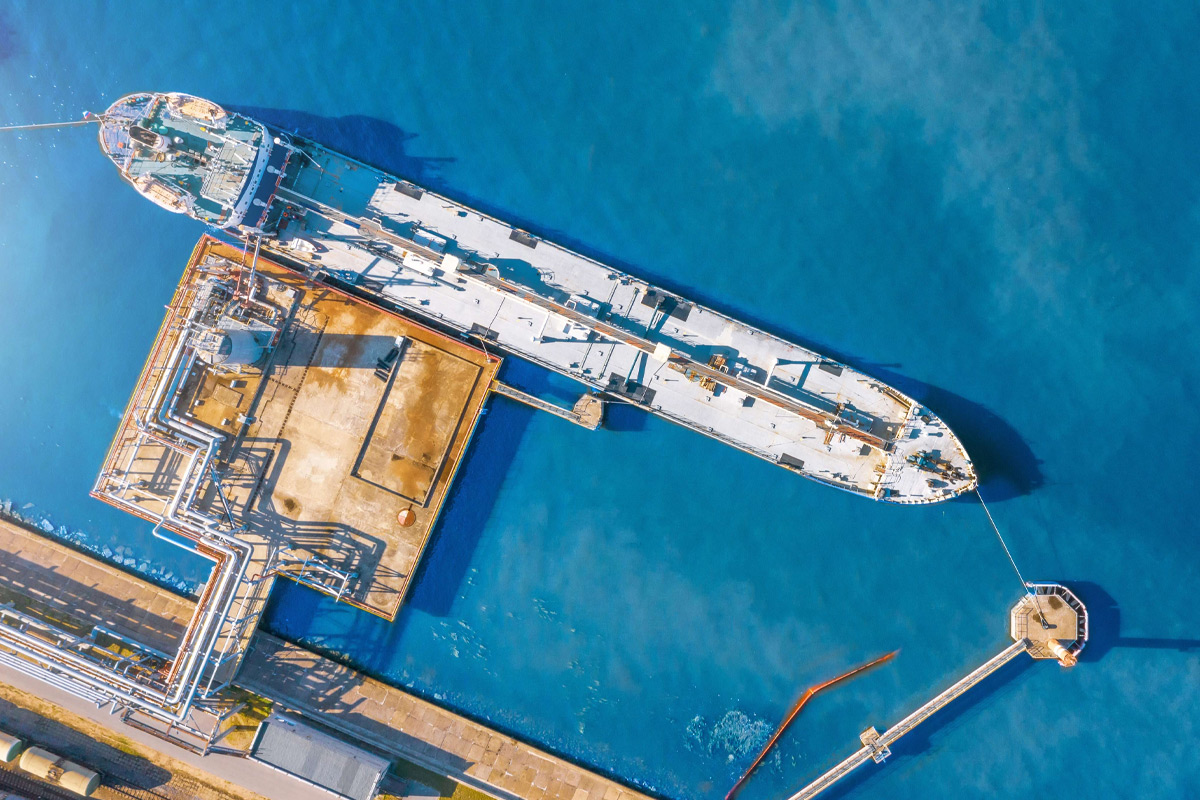These cookies are set to provide the service, application or resource requested. Without these cookies, your request cannot be properly delivered. They are usually set to manage actions made by you, such as requesting website visual elements, pages resources or due user login/logoff.


